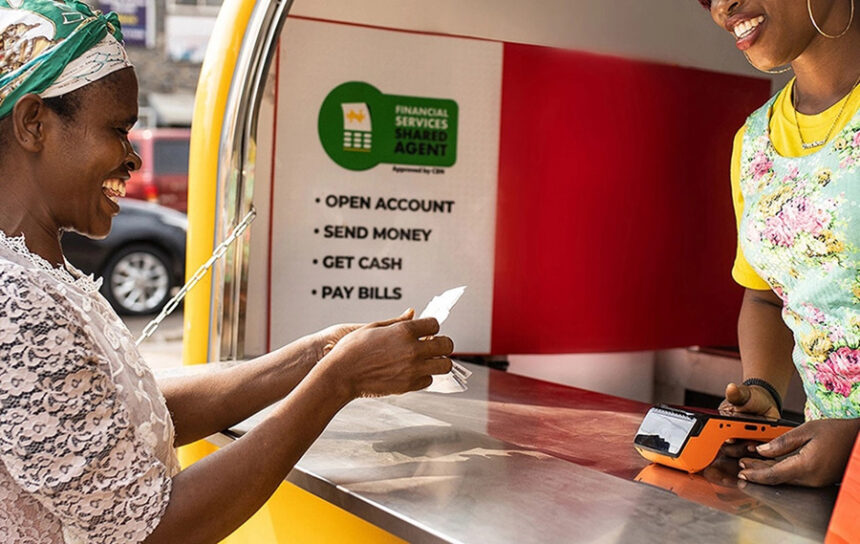Mobile money has emerged as a powerful tool for economic transformation in Africa. It has created new opportunities for financial inclusion, empowered countless individuals and businesses, and attracted significant fintech investment.
The history of mobile money in Africa can be traced back to the early 2000s, with notable successes in countries like Kenya. M-Pesa, launched in 2007 by Safaricom, was one of the first mobile money platforms and set a precedent. Its innovation allowed users to send and receive money via mobile phones without needing a traditional bank account. This was revolutionary in a region where many people were unbanked. The convenience and accessibility of mobile money made it an attractive option for individuals in rural areas.
Seamless trade
The impact of mobile money on economic development is significant. By facilitating transactions, mobile money allows for seamless trade and commerce. Small businesses benefit greatly from mobile payments, as transactions become faster and more efficient. Users do not need to carry cash, reducing the risks associated with theft or loss. According to some studies, mobile money has contributed to a notable increase in household income, improving economic stability. This shift is particularly beneficial for women, who often face barriers to accessing traditional banking services. Mobile money provides them with a financial tool that promotes independence and entrepreneurship.
Investment opportunities
The rise of mobile money has opened new investment opportunities. Investors are increasingly interested in startups and companies that harness mobile technology for financial services. The African fintech sector has seen significant growth, with numerous companies emerging to offer innovative solutions that cater to the needs of the unbanked and underbanked populations. Seed capital and venture investments have surged, reflecting investor confidence in the future of mobile money. Furthermore, partnerships between fintech firms and traditional banks are becoming more common, facilitating a more expansive service delivery model.
- Advertisement -
Financial inclusion
Market penetration of mobile money is impressive across many African nations. Countries like Ghana, Tanzania, and Uganda have embraced mobile money services, reflecting robust usage rates. Analysts say mobile money is a game-changing financial service that has the potential to reduce poverty and promote growth. They emphasise its role in increasing economic activities and improving access to basic services. Critics, however, caution against over-reliance on mobile money owing to issues such as digital literacy, data privacy, and potential monopolies that could arise. They advocate for balanced regulatory approaches to safeguard user rights and promote fair competition.
The Challenge
Despite the successes observed, some challenges need to be addressed. Issues such as regulatory frameworks, security concerns, and interoperability among different mobile money providers can hinder the growth of the sector. Governments are being called upon to create conducive environments that foster innovation while ensuring consumer protection.
Mobile money is undeniably transforming African economies. It has catalysed a shift in financial inclusion, fostered entrepreneurship, and attracted significant investment into the fintech sector. The transformative power of mobile money lies in its ability to empower individuals and stimulate economic growth across the continent.
As challenges persist, continued collaboration among stakeholders, including fintech companies, governments, and NGOs, will be essential. By addressing regulatory concerns and enhancing user experience, mobile money can further cement its place as a cornerstone of economic development in Africa. The future of mobile money remains bright, with the promise of ongoing innovation and increased financial access for millions.










